Lifelong Learning Program
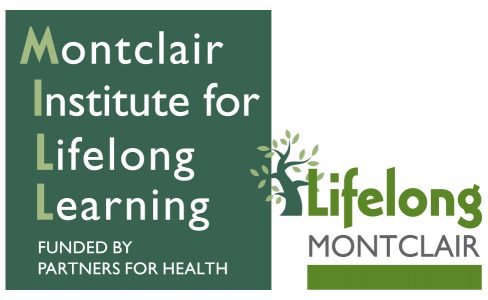


The Montclair Institute for Lifelong Learning (The MILL) began in the spring of 2016 following meetings among community seniors, the Adult School of Montclair Department of the Montclair Public Library, the Montclair Art Museum, the Montclair History Center, and Montclair State University. During these meetings, the group decided that The MILL would include six-week-long, high-level classes for people 55+ and that the classes would be free, thanks to funding by Partners for Health Foundation and in-kind support from the partner organizations. The intent of the six-week semesters is to allow engagement with the content and with fellow students, and the classes are open to people 55+ as that seems to be the age when residents are considering remaining in or leaving Montclair. The classes are located throughout the Township in an effort to encourage participation across various groups. In the first semester, there were seven classes offered.
Despite limited marketing, the classes exploded with popularity. Very shortly, all the MILL classes were filled by the afternoon the same day registration opened. To try to increase the number of classes offered, the partner organizations joined together in a joint fundraising effort with matching funds offered by Partners for Health Foundation. The Back to School campaign raised approximately $50,000 from the community. As a result of the overwhelming success of the campaign, there are more classes offered per semester, and additional existing programming offered by the Montclair Art Museum has been incorporated into the MILL. In 2017, there were 1926 registrations for 69 classes, representing a nearly 50% increase in number of students and classes from 2016.
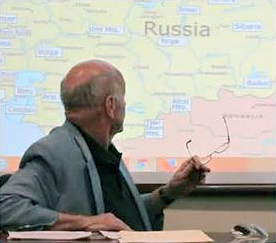
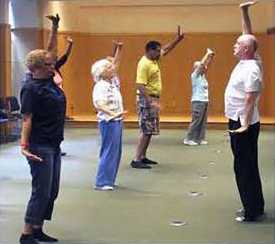
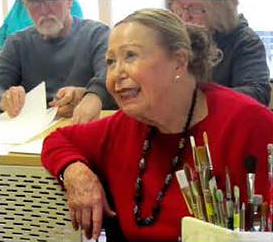
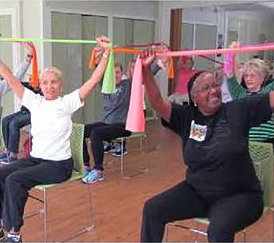
Lifelong Montclair collaborated with partner organization Connections at Home NJ and the local television station to increase access to this programming for homebound older adults. The current events/foreign affairs MILL class is now broadcast live on the local TV channel and available to watch online using the senior-friendly technology provided by Connections at Home NJ. (To view a sample, see https://vp.telvue.com/preview?id=T01411&video=315351.) The Montclair YMCA also joined as a partner organization, to help respond to the demand for fitness classes.
A round table, consisting of students and partner organizations, meets regularly to respond to changing needs of the program. This group has evaluated and chosen new registration software that will help with the administrative burden of the program. The Montclair Public Library will provide training on the new system for interested students.
Website: http://www.lifelongmontclair.org/MILL
Main target group: Older people in general
Other target group(s): Homebound older people
Sector(s): Education
Desired outcome for older people:
Learn, grow and make decisions